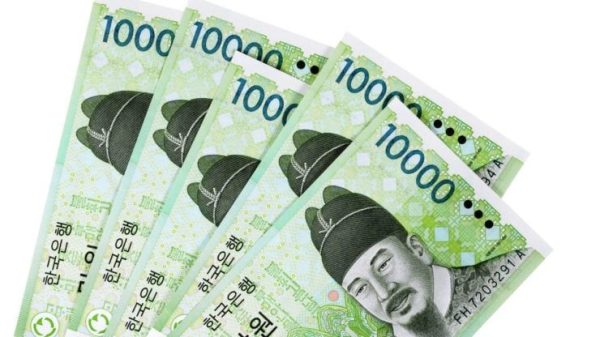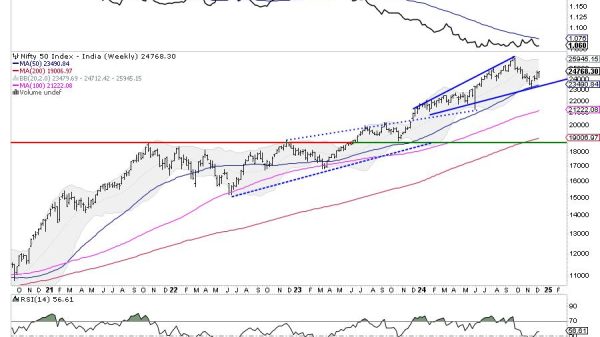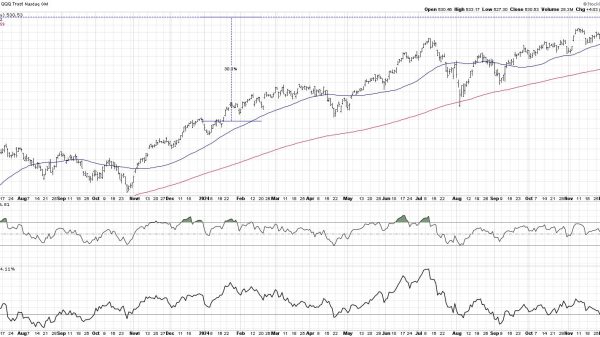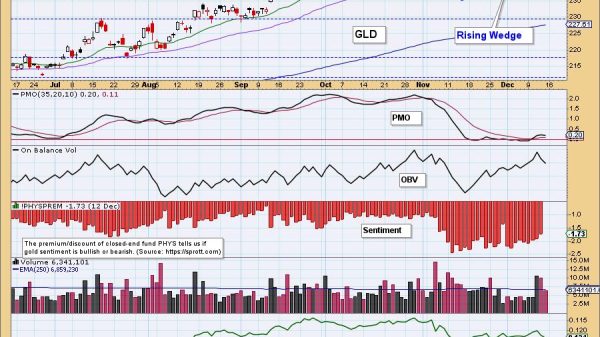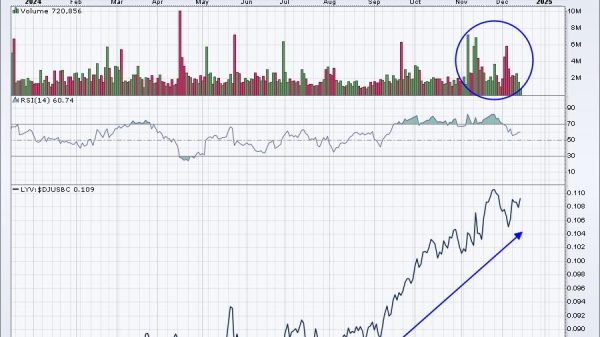Iran-Israel Conflict and Its Impact on Asian Oil Markets
The recent escalation of geopolitical tensions in the Middle East, triggered by Hamas’ surprise attack on Israel, has not only rattled global oil markets but also raised concerns among Asian refiners. Rising oil prices and uncertainties in the region have sparked discussions about the potential consequences for the energy sector. We delve into the implications of these developments, focusing on the role of Iran and its impact on Asia’s oil supplies and prices.
Iran Fallout from Hamas Attack: Bigger Worries for Asia than Supplies
As tensions between Israel and Hamas continue to escalate, the oil market’s attention has shifted to Iran. The possibility of Iran’s involvement in the conflict raises concerns about ratcheting US sanctions, increased tensions within the OPEC+ alliance, and heightened risks to energy infrastructure and shipping routes in the Middle East. S&P Global estimates that around 500,000 barrels per day (b/d) or more of Iranian oil exports could be at risk. This will further complicate the oil market’s dynamics.
Russian Crude: Asia’s New Primary Source
One significant development mitigating Asia’s concerns about oil supplies is the rise of Russian crude as a primary source. In 2023, Russian crude flows have surged, making it India’s primary source of crude oil. Russian crude imports to India reached 1.8 million b/d over January-September, accounting for 38% of the country’s total oil imports, a significant increase from the previous year. This shift has reduced India’s reliance on Middle Eastern crude, which dropped to 45% during the same period.
China has also witnessed an increase in its imports of Russian crude. They imported approximately 2.1 million b/d from January to August. In comparison to the same period in 2022, it was 1.7 million b/d. This uptick in Russian crude imports to China is driven by both independent refineries and state-owned plants.
Asia’s Resilience to Geopolitical Tensions
Despite the uncertainty surrounding the Iran-Israel conflict, industry sources in North Asia remain optimistic about the stability of crude oil import flows. Asian refiners do not anticipate significant disruptions in their regular sour crude spot and term trade flows. This confidence is bolstered by the historical reliability of top OPEC members. Countries like Saudi Arabia and the UAE have consistently prioritized their key Asian customers and honored their term supply contracts.
As geopolitical tensions in the Middle East continue to escalate, the oil market’s focus has shifted to Iran’s potential involvement and its consequences for global oil supplies and prices. While Asia remains concerned about the situation, the increasing reliance on Russian crude has provided some insulation against potential disruptions. Asian refiners appear confident in the resilience of their crude oil supply chains, emphasizing the importance of maintaining stability in these turbulent times. As the situation unfolds, the world watches closely to see how these dynamics will impact the oil industry and global geopolitics.
The post Iran-Israel Conflict and Its Impact on Asian Oil Markets appeared first on FinanceBrokerage.


